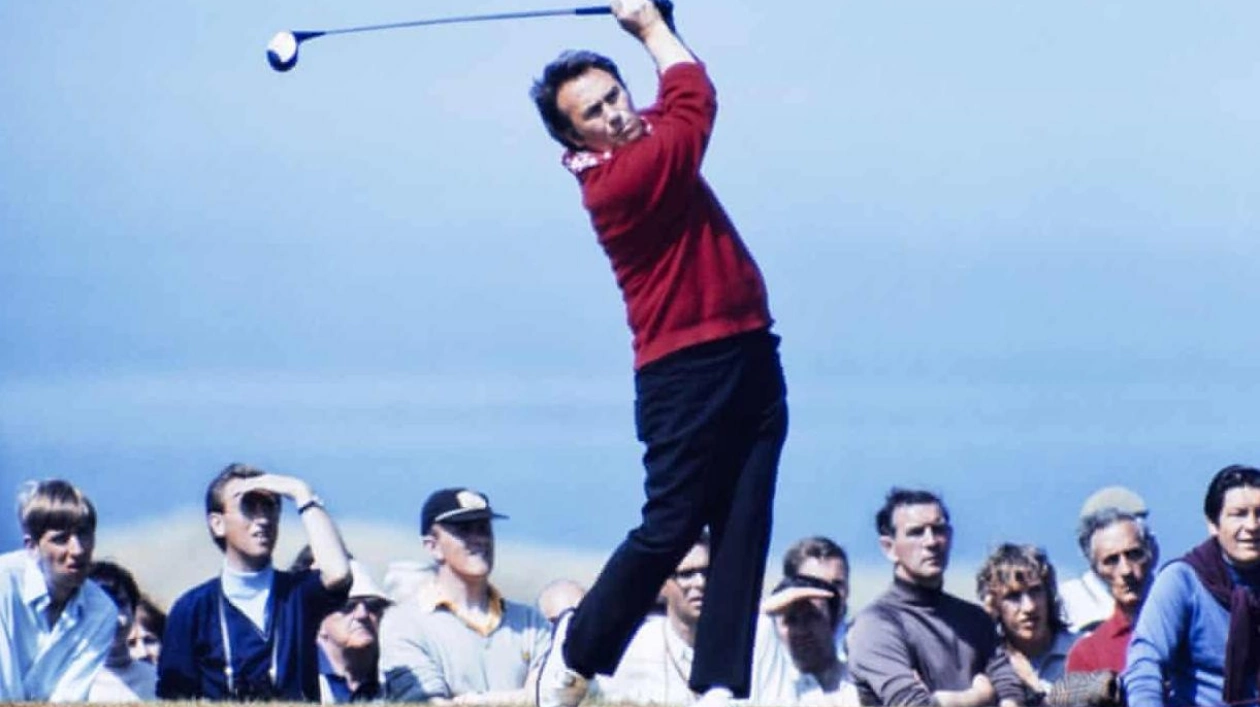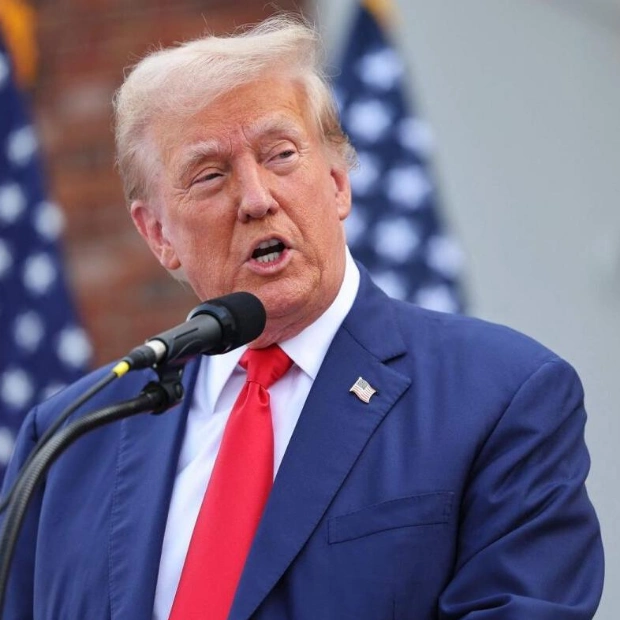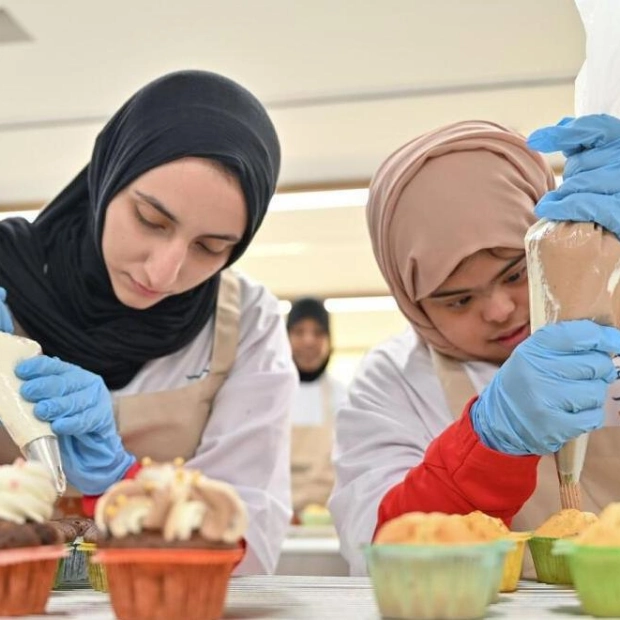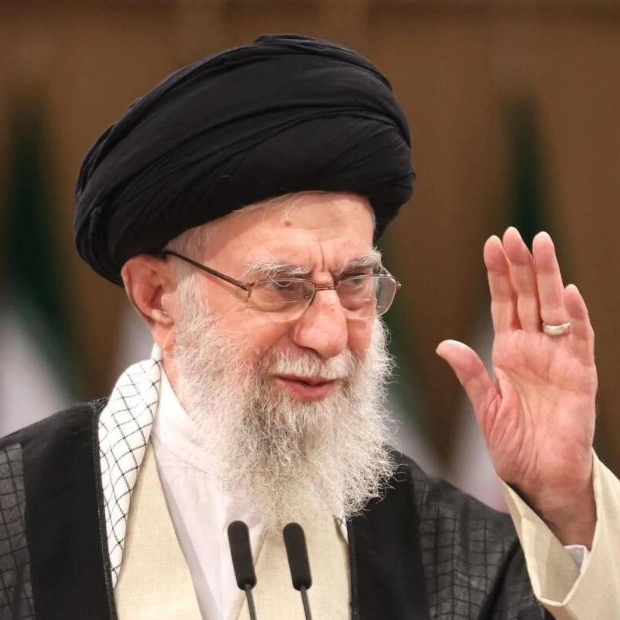Brian Huggett, who has passed away at the age of 87, was one of Europe's top golfers during the 1960s and 70s, and one of the finest ever to emerge from Wales. Although he secured victory in 16 major tournaments across Europe, he is most fondly remembered as a stalwart of the Ryder Cup, having been selected six times for Great Britain and Ireland between 1963 and 1975, and serving as non-playing captain in 1977. His most iconic appearance came in 1969 at Royal Birkdale, where, in a crucial match against American Billy Casper, Huggett faced a challenging five-foot putt on the 18th green to halve his match. Amidst the tension, a roar from the crowd behind him suggested that Tony Jacklin had just secured a victory against Jack Nicklaus, potentially leveling the overall contest. Thus, the entire Ryder Cup seemed to hinge on Huggett’s putt, which, if successful, would deliver a rare triumph for the home team. The diminutive Welshman composed himself and confidently sank the putt, only to discover that Jacklin had merely drawn level with Nicklaus. Consequently, Huggett had to regain his composure and remain on the 18th green to witness the final match. His effort, though not decisive, was hailed by the Scotsman newspaper as “one of the gutsiest putts ever made in the long history of the Ryder Cup”.
Born in Porthcawl, south Wales, Huggett grew up in the clubhouse of Royal Porthcawl golf club, where his father, George, was the professional and bar steward. This environment naturally steered him towards golf, and his younger brother, Geoff, also became a professional golfer. In 1951, at the age of 15, Brian began working as an assistant to his father at the Redhill and Reigate club in Surrey. His first significant win came at the 1962 Dutch Open, where he shot a remarkable third-round 65, including nine birdies. By then a member of Romford golf club in Essex, he had already shown promise by tying for third place in the 1962 Open Championship at Troon. After winning the German Open in 1963, Huggett was selected for the Ryder Cup in Atlanta, where he performed exceptionally well, earning 2.5 points out of a possible five. Despite being unexpectedly omitted from the 1965 cup, he went on to play in the next five editions.
Despite the USA's dominance in those matches, Huggett maintained a respectable record, winning nine, halving six, and losing 10 of his 25 matches. In 1973 at Muirfield, he was the only player on either team to remain unbeaten, partnering with Maurice Bembridge to defeat Palmer and Nicklaus in an opening-day four-ball. By the time he took on the captaincy in 1977 at Royal Lytham & St Annes, the Ryder Cup was at risk of losing its relevance. His team suffered another one-sided defeat, prompting Huggett to join a delegation that traveled to the US for crisis talks. While the Americans favored a USA v Rest of the World format, Huggett successfully advocated for expanding GB and Ireland into a European team. This change revitalized the competition, making it one of the most popular sporting events.
Huggett rarely played in the US outside of Ryder Cup appearances, making only one appearance at the Masters in 1969. His closest brush with a major victory was at the 1965 Open at Royal Birkdale, where he finished joint runner-up with Christy O’Connor Sr, two shots behind Peter Thomson. His most successful year was 1968, during which he topped the pre-European Tour Order of Merit and won several prestigious tournaments. Huggett also represented Wales nine times in the World Cup of Golf and, aside from Dai Rees and Ian Woosnam, is widely considered one of Wales' greatest golfers.
In 1992, he transitioned to the European Seniors Tour, winning the Senior British Open in 1998 and finishing first in nine other events. In retirement, he hosted corporate golf days, designed courses, and became a member of Ross-on-Wye golf club in Herefordshire. In the early 2000s, Huggett's association with the Ryder Cup was renewed when he became part of the winning bid committee that brought the competition to Wales for the first time. He was appointed as an ambassador and adviser for the 2010 event at Celtic Manor. Huggett was made an MBE in 1978, inducted into the Welsh Sports Hall of Fame in 2006, and awarded honorary life membership of the European Tour in 2012. He is survived by his wife, Winnie, whom he married in 1961, and their daughters, Yvonne and Sandra.






